Your face gives clues about your blood sugar
By naturopath Margaret Jasinska
Do you get your blood sugar level checked regularly? Not enough people know about their blood sugar. Elevated blood sugar can do serious harm to every part of your body, especially if it continues for many years. Did you know there are some facial features that may offer clues about a person’s blood sugar level?
These facial features may indicate elevated blood sugar, insulin resistance or pre-diabetes:


.
Chubby cheeks
People with a round face who deposit fat on their face are more likely to be insulin resistant. They are usually predisposed to carrying excess fat on their upper body and torso. They may be more predisposed to sleep apnoea.


.
A double chin
This is the same explanation as the previous point.
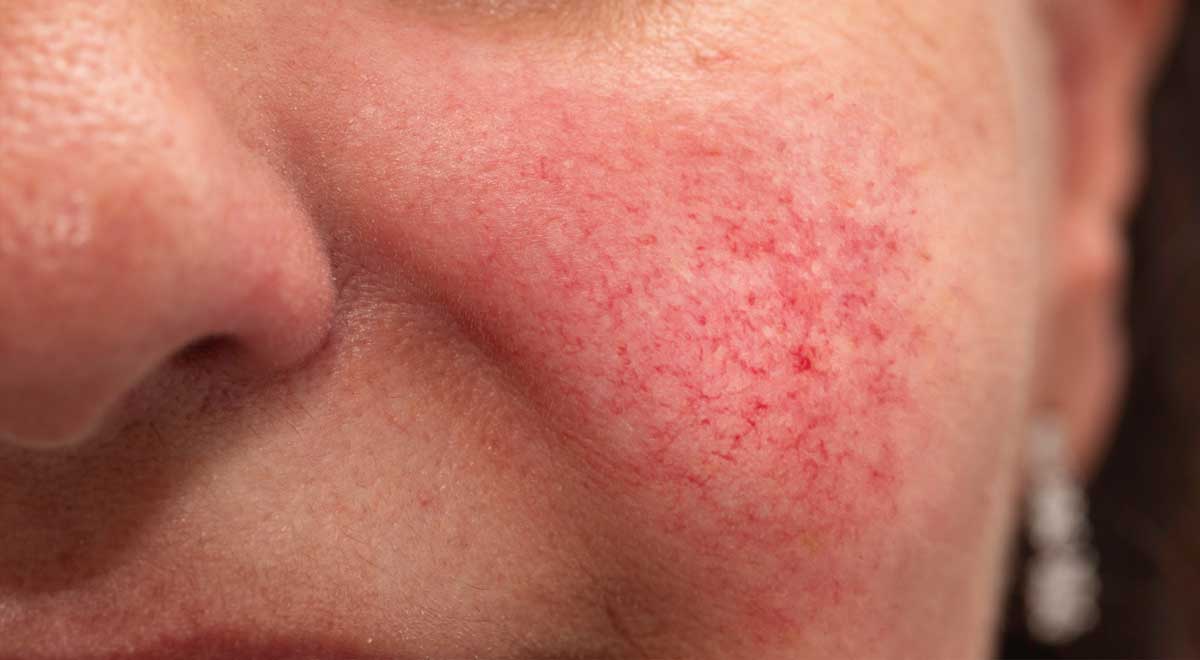

.
Chronically flushed cheeks
This can be an indicator of raised blood sugar. It may also indicate high blood pressure.
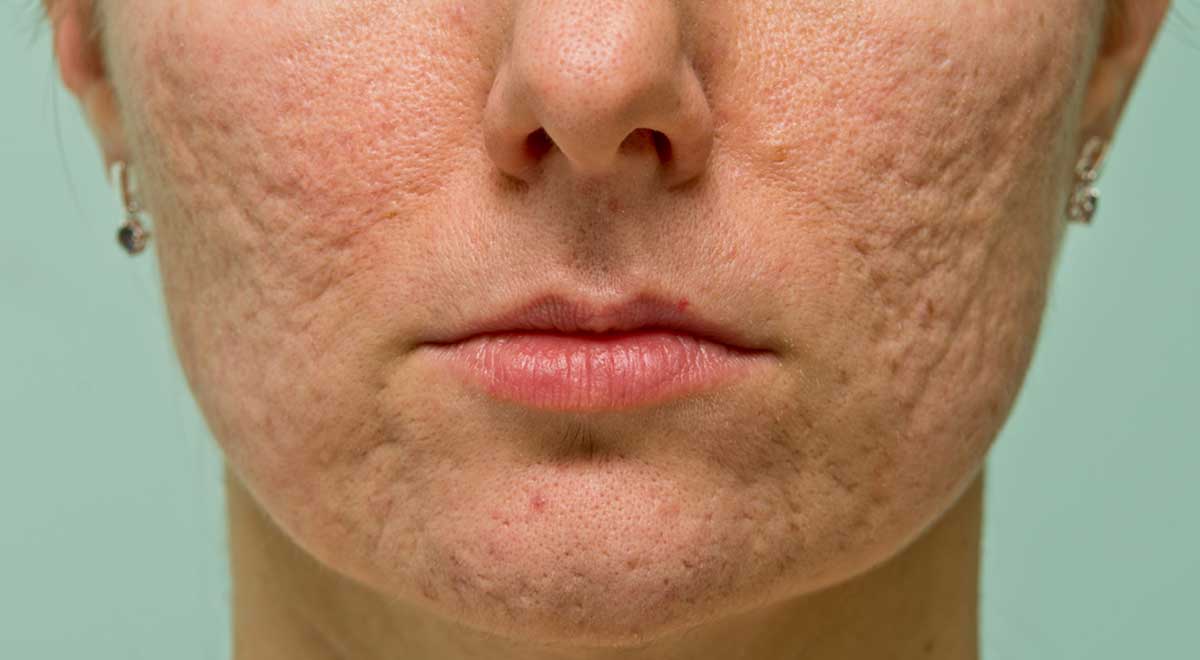

.
Acne vulgaris
A number of factors increase the likelihood of a person suffering with acne: zinc and vitamin A deficiency, food sensitivities and poor detox abilities of the liver. If a person over the age of 30 suffers with acne, insulin resistance and pre-diabetes are more likely.
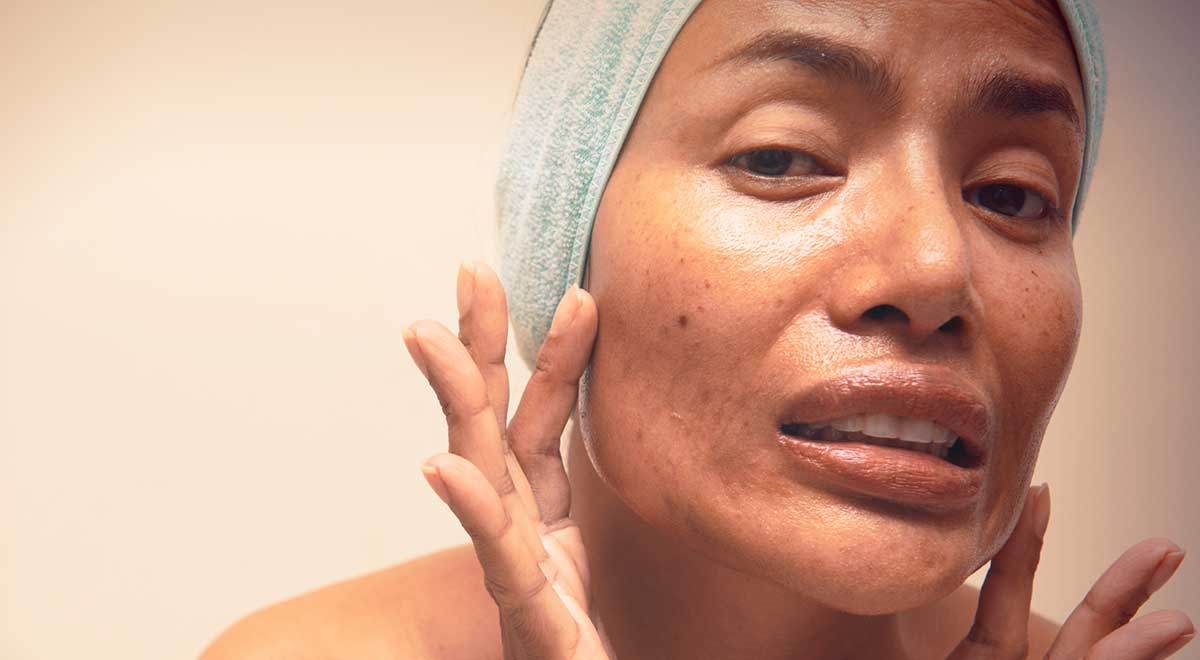

.
Oily skin
Similar to acne, a person with insulin resistance usually secretes more sebum in their skin.
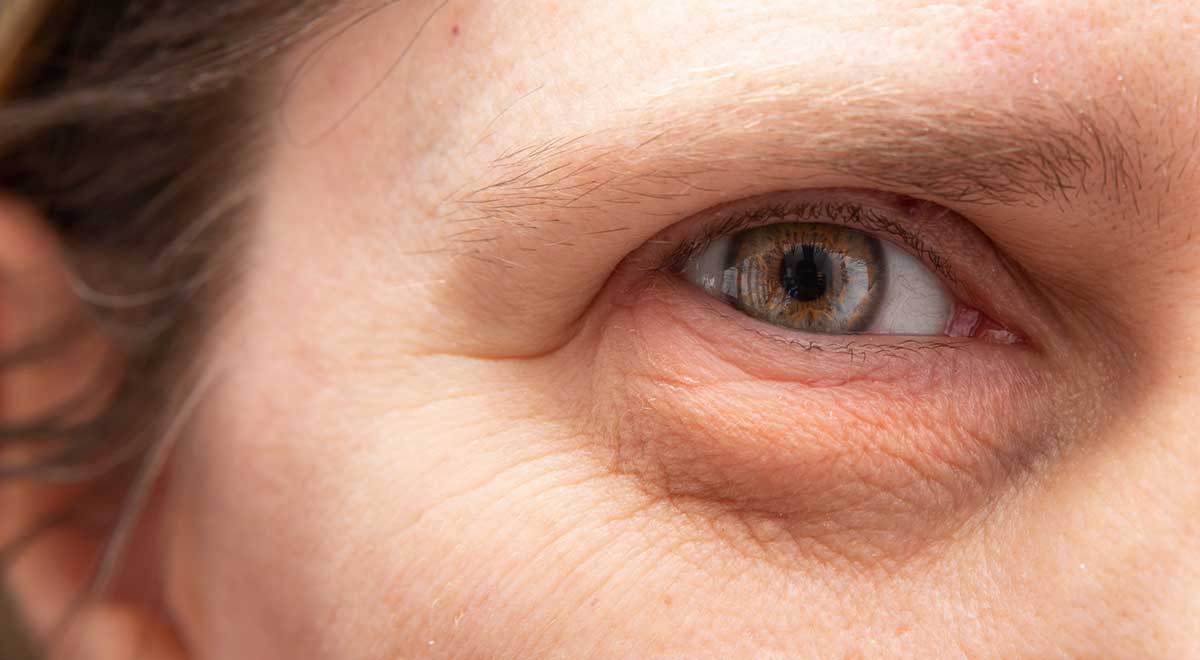

.
Puffiness under the eyes
This can be an indicator of fluid retention. Elevated blood sugar and elevated insulin can cause the kidneys to retain salt and water, giving a person a puffy appearance.
If you are over the age of 35 please have a through blood test every year. Begin at age 30 if you have a family history of type 2 diabetes or if you’re overweight. The following may also be symptoms of elevated blood sugar:
- Increased hunger
- Increased thirst
- Fatigue
- Increased urination, particularly at night
- Sores that do not heal
- Infections such as thrush or skin infections such as boils or fungal skin infections
- Blurred vision
- Burning, numbness or tingling in the feet or hands
- Weight loss or weight gain
- Irritability and mood changes
- Headaches
- Dizziness
- Erectile dysfunction
- Bell’s palsy and carpal tunnel syndrome – these conditions can both be a result of nerve damage caused by episodes of high blood sugar
Type 2 diabetes is a serious disease. It can significantly reduce a person’s life span and their quality of life. Please have your blood sugar checked regularly. For more information see our book Diabetes Type 2: You Can Reverse It Naturally.







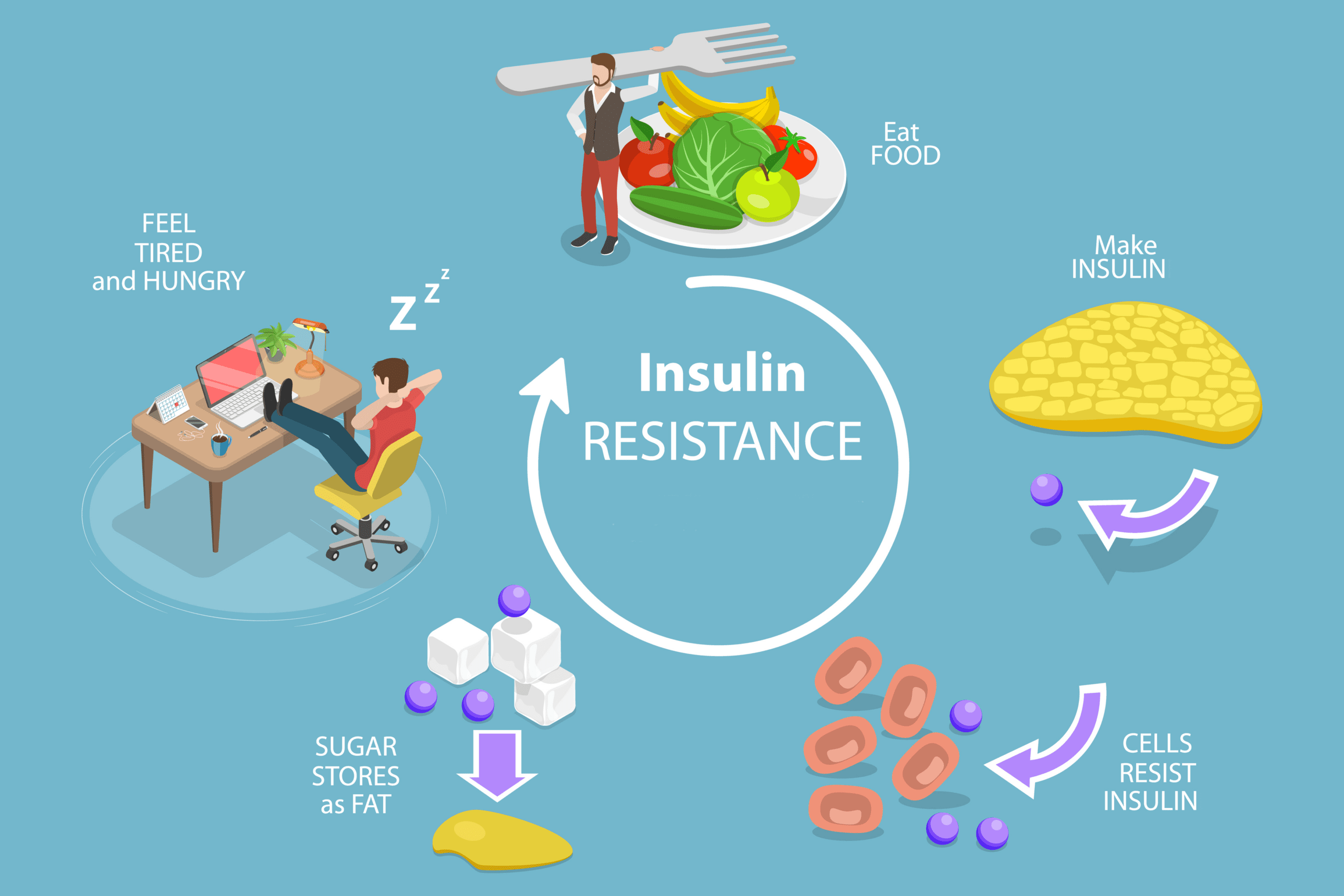
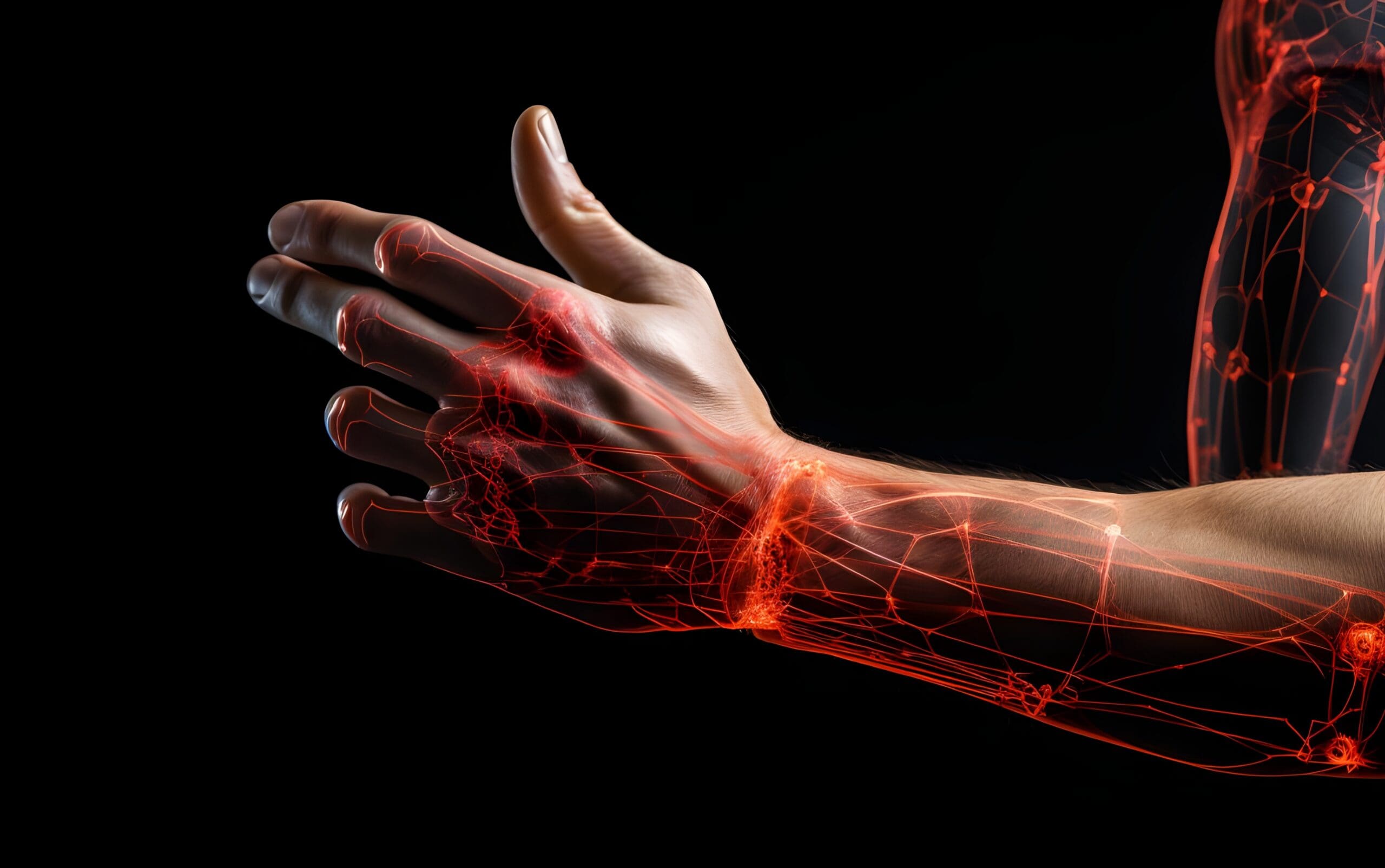
Leave A Comment